Mount Kenya climbing Gear Checklist
Mount Kenya climbing Gear Checklist
One of the important prerequisites of a successful summit attempt is being properly equipped. Ensure that you are well equipped – print the Checklist below and mark it off, it will be an essential part of your preparation for the climb. Please remember to limit the weight of your duffel bag and its content, to be carried by the porters on the climb, to 15 kg (32 lbs.) or less. Your sleeping bag will count towards the 15 kg, however the sleeping mat, tents etc will not count towards to the 15 kg limit. Extra luggage, including clean clothes to wear after your climb, can be left at the hotel. Please feel free to contact us should you have any further questions regarding the checklist. We also provide a complete and quality rental service on all the equipment required on the mountain, as a sensible alternative to purchasing.
Make sure you have everything you need to help you successfully summit.
Travel Documents
Valid passport and visa
Airline ticket
International health card with immunizations
Travel insurance
Medical insurance
US$ cash / Travelers Checks / Credit Card
Essential Items
Duffel bag – large enough for all climbing gear and clothing. To be carried by the porters. An extra bag to be left at the hotel with extra gear
Small luggage lock – to lock zippers
Day backpack – between 20 – 35 litres. Large enough to carry your water, camera, raincoat, lunch pack, snacks & warm clothing
Sleeping bag
Ski-pole / walking stick
Water bottle / containers
Mount Kilimanjaro/Mount Kenya map (Can be bought at Park gate)
High Altitude Gear
Waterproof, breathable & windproof jacket (outer wear like Ventex or Gore-Tex)
Waterproof, breathable & windproof pants (outer wear)
Polar fleece (middle layer)
Thermal underwear (under layers)
Mittens or warm gloves
Glove liners (if necessary)
One pair thermal socks
Balaclava
Gaiters
Thermal water flask
Hiking Gear
Shorts
Hiking pants
Regular underwear
T-shirts
Raincoat or Poncho
Footwear
Water resistant semi-stiff hiking boots – mid weight boots work great
Shoes for overnight camps – i.e. sneakers, running shoes, etc.
Socks – several pairs for the climb
Liner socks – to keep your feet dry and limit the risk of blisters
Equipment
Sun hat or similar (with a brim)
Collapsible ski stick (optional but highly recommended)
Water bottles – two or three (total capacity at least 4 litres)
Head lamp, good strong one with spare batteries and an extra light bulb
Water purification tablets
Sunglasses, good quality dark lenses for the climb, with a securing strap
Flashlight (torch) with spare batteries
Personal Items
Toilet kit (soap, tooth brush, toilet articles, wet wipes, etc.)
Towel
Sun screen and lip protection, SPF 30+
Ziploc bags, to protect camera, binoculars, etc. from dust
Toilet paper
Money belt for passport and valuables
Medical and First Aid Supplies
Headache tablets
Altitude sickness-Diamox (if not allergic to sulpha)
Diarrhoea – Imodium
Nausea – Valoid
Malaria – Prophylaxis
Water purification tablets
Painkillers
Muscular sprains
Abrasions blisters and cuts – Plaster, bandages
Antiseptic cream – Betadine
Flu and colds
Eye drops
Insect repellent
Optional Items
Camera, extra lenses, memory cards and spare batteries
Binoculars
Powdered sports drinks for the climb (ex. Game or Isotonic drinks)
Pocket knife
Notebook & pencil
Plastic bags to keep clothing dry (masking tape)
Energy snacks and sweets
Video camera, tapes / memory cards, battery packs and tri-pod
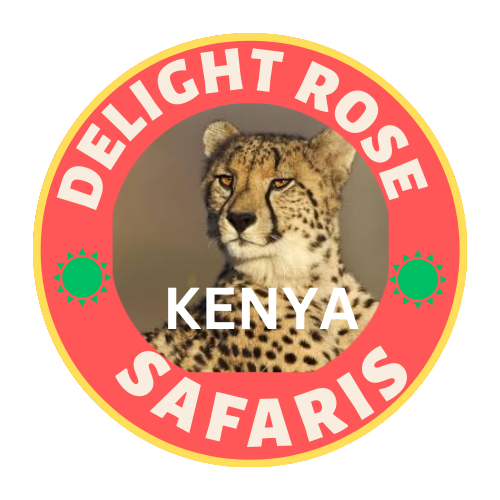
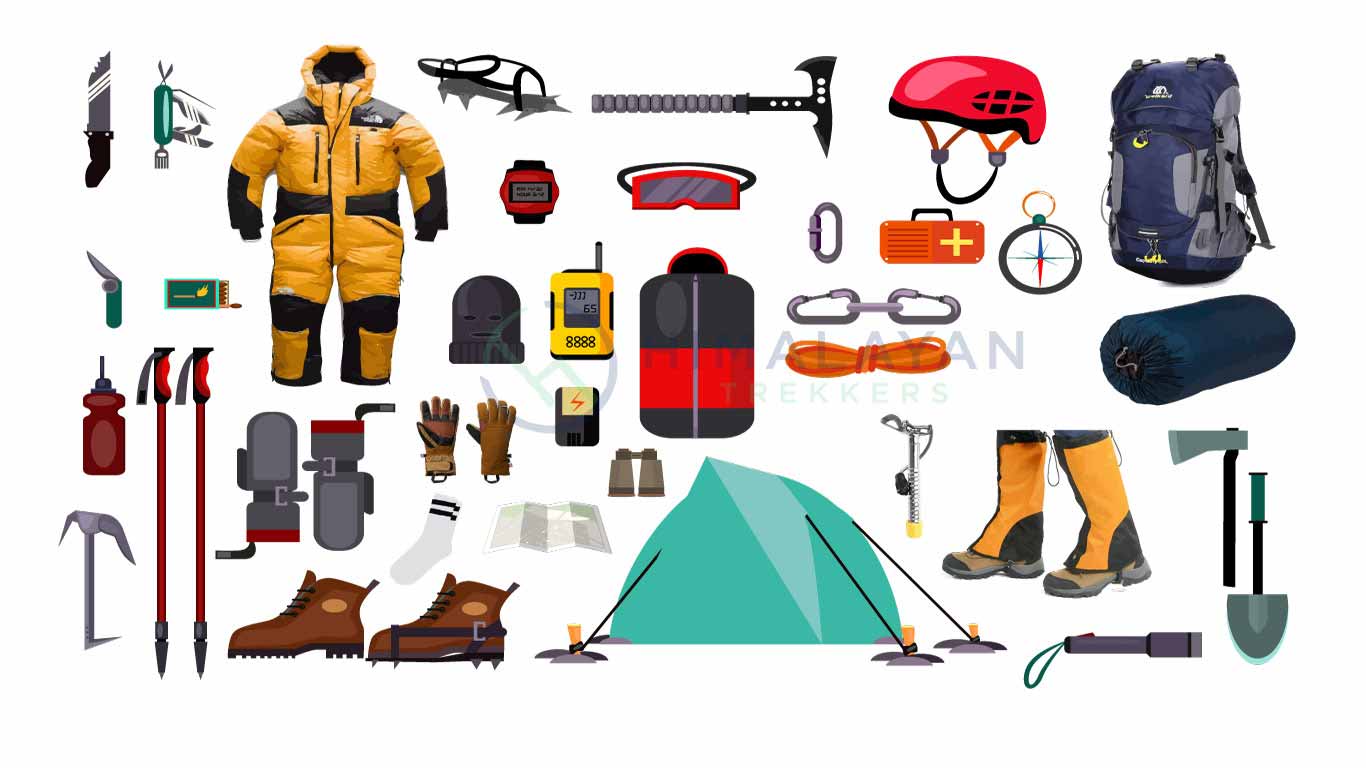
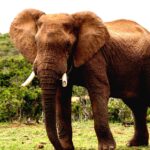

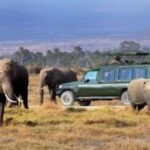
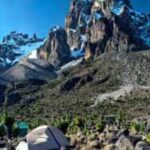
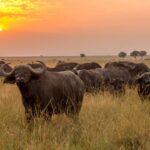
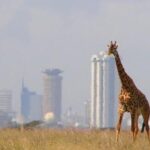
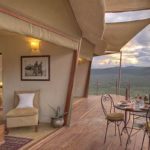
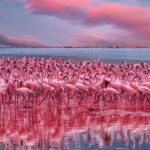
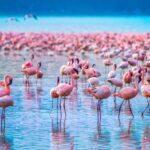
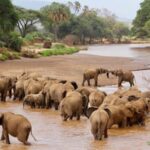
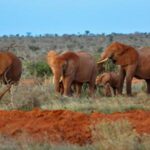
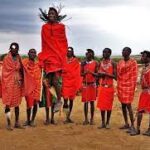
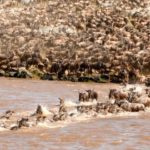
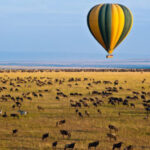
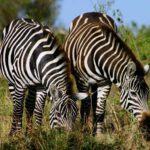
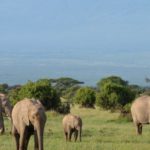
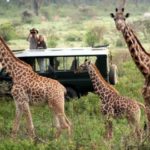
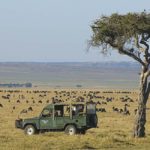
Delight SafarisMarch 14, 2023
for mount Kenya climbing tours:https://delightsafaris.com/tour-type/mount-kenya-climbing-tours/
Mt kilimanjaro trekking https://delightsafaris.com/tour-type/mt-kilimanjaro-tours/